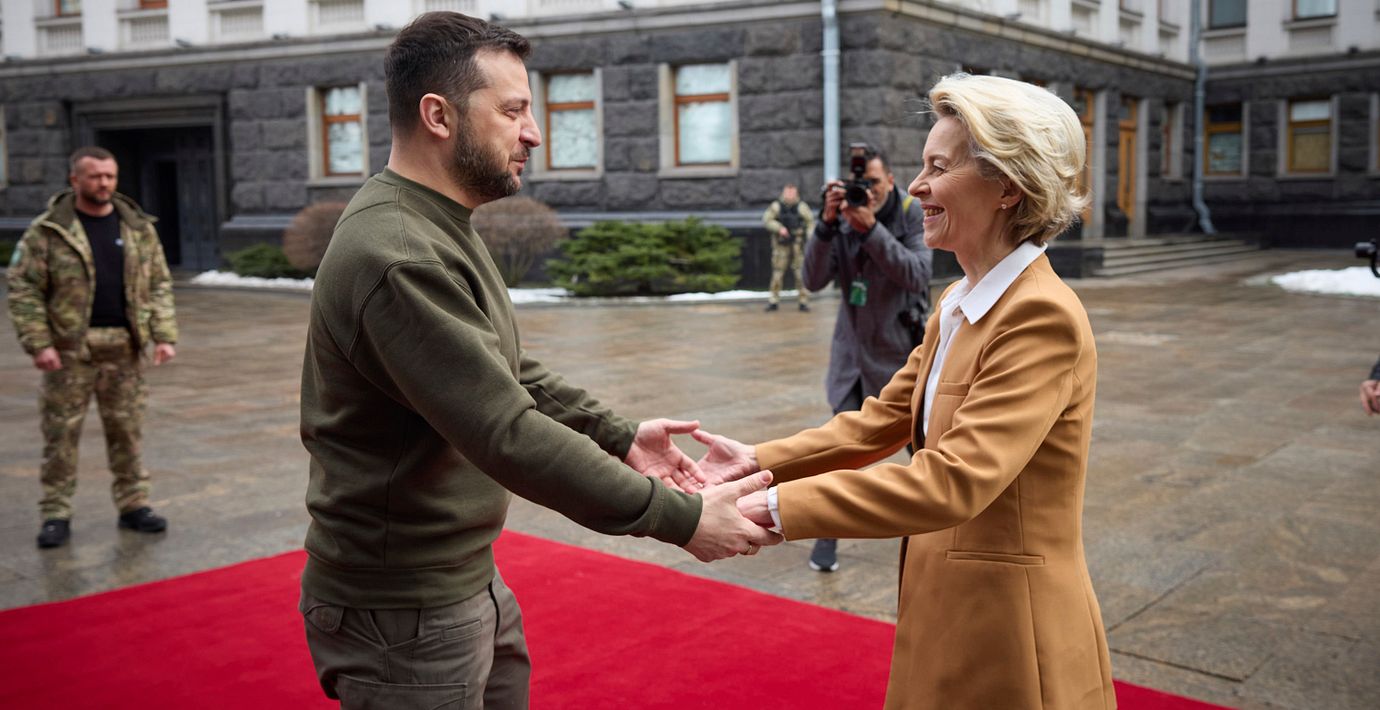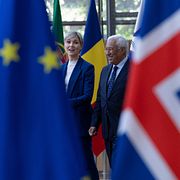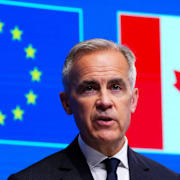bakgrund
Utvidgningen av EU
Wikipedia (en)
The European Union (EU) has expanded a number of times throughout its history by way of the accession of new member states to the Union. To join the EU, a state needs to fulfil economic and political conditions called the Copenhagen criteria (after the Copenhagen summit in June 1993), which require a stable democratic government that respects the rule of law, and its corresponding freedoms and institutions. According to the Maastricht Treaty, each current member state and the European Parliament must agree to any enlargement. The process of enlargement is sometimes referred to as European integration. This term is also used to refer to the intensification of co-operation between EU member states as national governments allow for the gradual harmonisation of national laws.
The EU's predecessor, the European Economic Community, was founded with the Inner Six member states in 1958, when the Treaty of Rome came into force. Since then, the EU's membership has grown to twenty-seven, with the latest member state being Croatia, which joined in July 2013. The most recent territorial enlargement of the EU was the incorporation of Mayotte in 2014. Campione d'Italia joined the EU Customs Union in 2020. The most notable territorial reductions of the EU, and its predecessors, have been the exit of Algeria upon independence in 1962, the exit of Greenland in 1985, and the withdrawal of the United Kingdom in 2020.
As of 2022, accession negotiations are under way with Albania (since 2020), Montenegro (since 2012), North Macedonia (since 2020), Serbia (since 2014) and Turkey (since 2005). Serbia and Montenegro have been described by former President of the European Commission Jean-Claude Juncker and Enlargement commissioner Johannes Hahn as the frontrunner candidates, and projected that they would join by 2025, during the next mandate of the European Commission. Negotiations with Turkey are ongoing, but have effectively paused due to objections from the EU to the Turkish government's response to the 2016 coup d'état attempt, and democratic backsliding.Bosnia and Herzegovina submitted an application for membership in 2016, as did Ukraine, Georgia, and Moldova in the first few weeks of the 2022 Russian invasion of Ukraine. In June 2022, Ukraine and Moldova were recognised as official candidates while Bosnia and Herzegovina and Georgia were recognised as potential candidates and were asked to complete additional reforms before becoming official candidates for membership. In December 2022, Bosnia and Herzegovina received official candidate status while Kosovo submitted a membership application.




